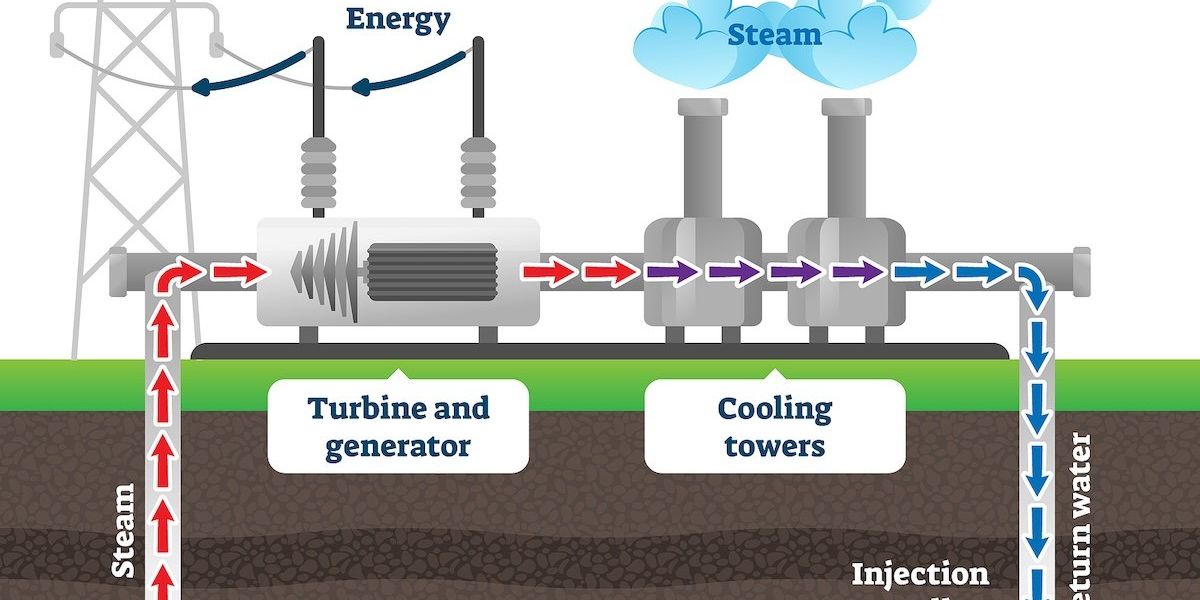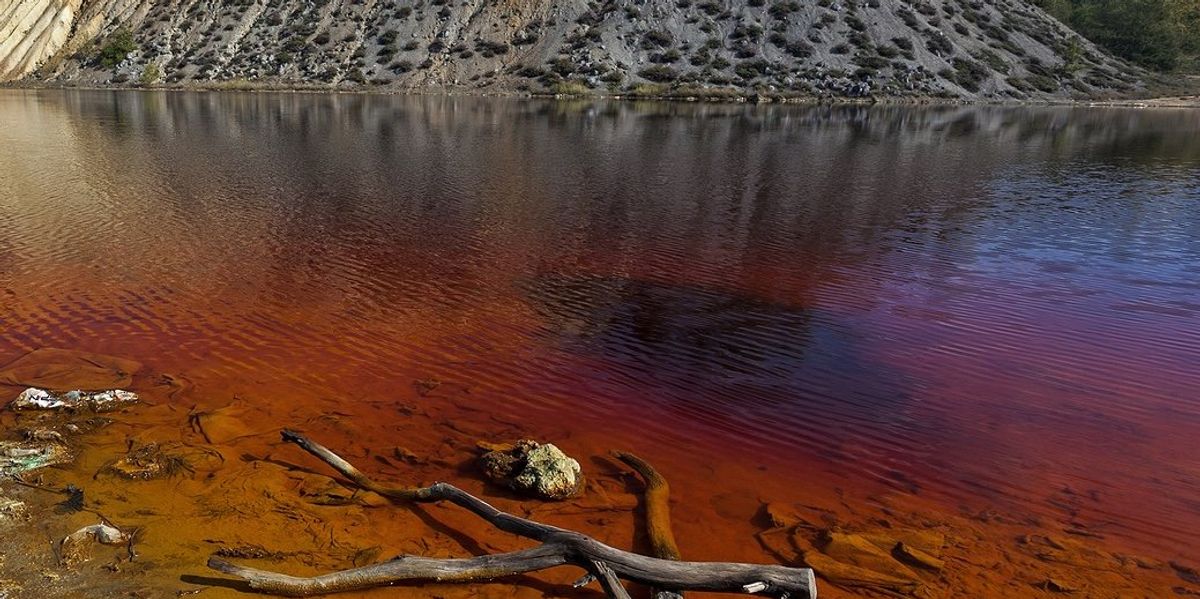
Trump’s funding cuts threaten the backbone of U.S. research
Trump’s National Institutes of Health (NIH) funding cut targets “indirect costs,” the behind-the-scenes expenses that keep labs running, sparking a fierce backlash from universities and scientists who say it will cripple American innovation.
Carolyn Y. Johnson, Susan Svrluga, and Joel Achenbach report for The Washington Post.
In short:
- NIH’s proposal caps overhead funding at 15%, slashing support for lab maintenance, administrative staff and utilities.
- Universities warn that these cuts will weaken U.S. competitiveness in fields like biomedicine and artificial intelligence.
- Small research operations and public universities, which rely heavily on federal support, face the biggest risks.
Key quote:
“While the administration works to achieve this goal at NIH, a smart, targeted approach is needed to not hinder lifesaving, groundbreaking research at high-achieving institutions like those in Alabama.”
— Sen. Katie Boyd Britt (R-Alabama)
Why this matters:
The NIH cuts could hobble U.S. research at a time when global competitors are ramping up investments, potentially stalling breakthroughs in cancer research, AI and public health. It’s a reminder that research relies on the boring stuff — keeping the lights on, maintaining safety protocols, hiring grant administrators. Without that, the risk isn’t just fewer scientific breakthroughs, but a long-term brain drain.
Read more: Putting people at the center of medicine, research, and policy.













